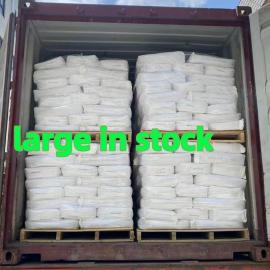-
Categories
-
Pharmaceutical Intermediates
-
Active Pharmaceutical Ingredients
-
Food Additives
- Industrial Coatings
- Agrochemicals
- Dyes and Pigments
- Surfactant
- Flavors and Fragrances
- Chemical Reagents
- Catalyst and Auxiliary
- Natural Products
- Inorganic Chemistry
-
Organic Chemistry
-
Biochemical Engineering
- Analytical Chemistry
-
Cosmetic Ingredient
- Water Treatment Chemical
-
Pharmaceutical Intermediates
Promotion
ECHEMI Mall
Wholesale
Weekly Price
Exhibition
News
-
Trade Service
in each other's exclusive economic zones in 2023 due to diplomatic tensions and shrinking catches, Japanese media outlet Jiji Press reported.
Japan's fishing quota in Russian waters will be cut by 25,000 tons in 2023 to about
50,000 tons, according to the Japanese Fisherical Agency.
Russia's annual fishing quota in Japan's 200-nautical-mile exclusive economic zone has been reduced to 50,000 tons
.
50,000 tons, according to the Japanese Fisherical Agency.
Russia's annual fishing quota in Japan's 200-nautical-mile exclusive economic zone has been reduced to 50,000 tons
.
The main species caught by Japan and Russia in the adjacent waters include Pacific cod and mackerel (saury).
Japan's mackerel quota will fall to 31,824 tonnes in 2023 from 56,424 tonnes last year, a reduction linked to
lower catch production in recent years.
Japan's mackerel quota will fall to 31,824 tonnes in 2023 from 56,424 tonnes last year, a reduction linked to
lower catch production in recent years.
On the other hand, Japan's Pacific cod quota will double to 3,200 tonnes; The quota for Japanese Pacific pleated softfish remained unchanged at 5,619 tonnes
.
.
Because of the diplomatic conflict, Russian ships were banned from entering the coast
of Ibaraki Prefecture in eastern Japan, within 15 nautical miles.
of Ibaraki Prefecture in eastern Japan, within 15 nautical miles.







